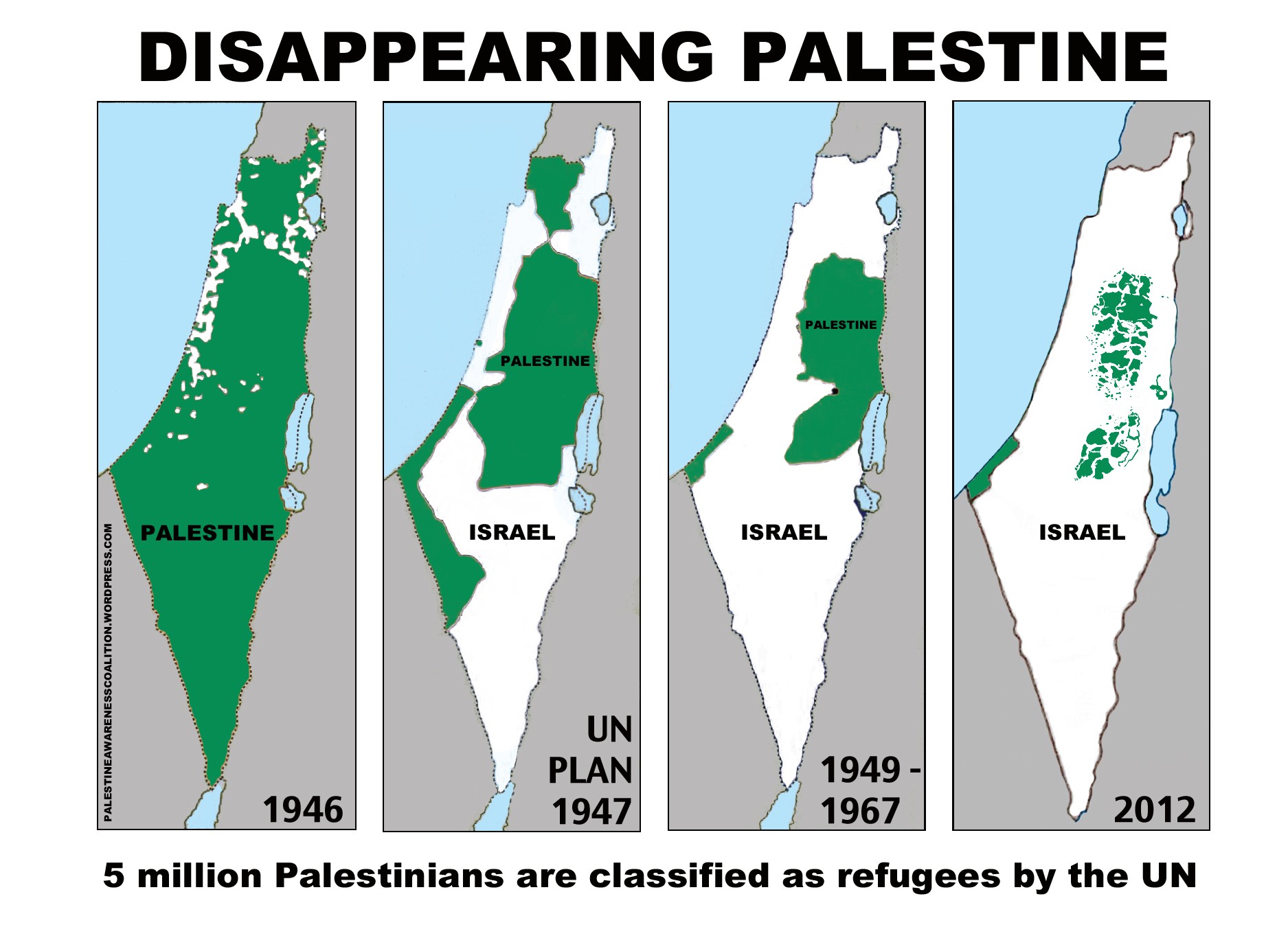
In the days since Hamas’s violent rampage through southern Israel, one word that keeps popping up is “unprovoked.”
A Biden administration official condemned “the unprovoked attacks by Hamas terrorists against Israeli civilians,” while Mike Pence urged every American to “condemn the unprovoked and massive attack on Israel by terrorists in Hamas.” Writers in Time magazine describe “an unprecedented and unprovoked attack by land, sea, and air,” while an article in Foreign Affairs references an “unprovoked, heinous attack on Israelis.”
Outrage and moral revulsion are understandable. After all, though people under occupation have a legal right to take up arms against their occupiers, the methods they employ must follow international humanitarian law, in particular the principle of non-combatant immunity. Hamas’s actions unambiguously violate that principle.
But unprovoked? Really?
Israel’s army has been escalating its operations in the West Bank all year as part of its ongoing violent occupation of Palestinian land. This occupation breaches numerous UN resolutions, while Israeli settlements crisscrossing the West Bank contravene the Fourth Geneva Convention. According to several international human rights organizations, Israel’s policies in the occupied territories, as well as within its own borders, meet the definition of apartheid.
In the Gaza Strip, Hamas’s de facto seat of government, Israel and Egypt together impose a harsh economic blockade, with severe humanitarian consequences for the population of more than 2 million. The majority of Gazans live in poverty, while power outages are frequent and childhood malnutrition is widespread. Israel, despite having ostensibly withdrawn from the enclave in 2005, continues to exert such control that the UN and most national governments still regard it as the occupying power.
Notwithstanding the aberrant carnage of Hamas’s offensive, the balance of strength overwhelmingly favours Israel, which now bombards civilian areas in indiscriminate retaliation. Prime minister Benjamin Netanyahu told Gazans to “leave now” without offering them a means to do so. Defence minister Yoav Gallant, in an unequivocal war crime, cut off access to food and water, while casually using dehumanizing, pre-genocidal language (i.e. “human animals”). One Israeli official predicted that “Gaza will eventually turn into a city of tents. There will be no buildings,” while another said, “the emphasis is on damage and not on accuracy.” The military ordered those in the north to evacuate to the south, then launched an airstrike against a civilian convoy complying with the order. Credible reports have emerged of Israel using white phosphorous munitions.
None of this excuses the slaughter of Israeli civilians, either legally or morally, but it does help to contextualize recent events. No analysis of the situation is complete without acknowledging root causes and power imbalances. Disturbing though the images of Hamas fighters plastered across the internet might be, this is quite simply what oppressed people do. They lash out against their oppressors (or proxies for their oppressors), often violently. We can — and should — condemn the lashing out when it flouts international law and basic morality, but all our heartfelt condemnations amount to so much piss in the wind unless we simultaneously challenge the conditions rendering such violence practically inevitable.
In other words, we must stand against the occupation of Palestine and the blockade of Gaza. We must press for equality for Palestinian citizens of Israel and support the right of return for refugees. We must demand an immediate ceasefire and an international arms embargo, as well as full accountability for all war crimes.
In today’s climate, some of these calls will be perceived as unpopular. This chill could well persist for years. Pro-Palestinian demonstrations are already being banned in France and Germany. But we must continue to speak truth to power. We cannot allow the perverse logic of nationalist hysteria to extinguish all vestiges of common sense morality.
Palestine deserves to be free, no less now than a week ago. People everywhere deserve to live in peace.

 Dear Elizabeth May,
Dear Elizabeth May, Should any readers take a look inside today’s National Post, they might find a letter of mine defending Canada’s United Church and its boycott of goods from Israeli settlements on occupied Palestinian land.
Should any readers take a look inside today’s National Post, they might find a letter of mine defending Canada’s United Church and its boycott of goods from Israeli settlements on occupied Palestinian land. 
 On the same day that the world erupted in joyous, teary-eyed celebration following the selection of a new pope, a slightly less climactic breakthrough was reached thousands of kilometres away as four Israeli political parties, nearly two months after elections, quietly decided to form a coalition government. Right away, the deal seemed like it might fall apart over
On the same day that the world erupted in joyous, teary-eyed celebration following the selection of a new pope, a slightly less climactic breakthrough was reached thousands of kilometres away as four Israeli political parties, nearly two months after elections, quietly decided to form a coalition government. Right away, the deal seemed like it might fall apart over 

